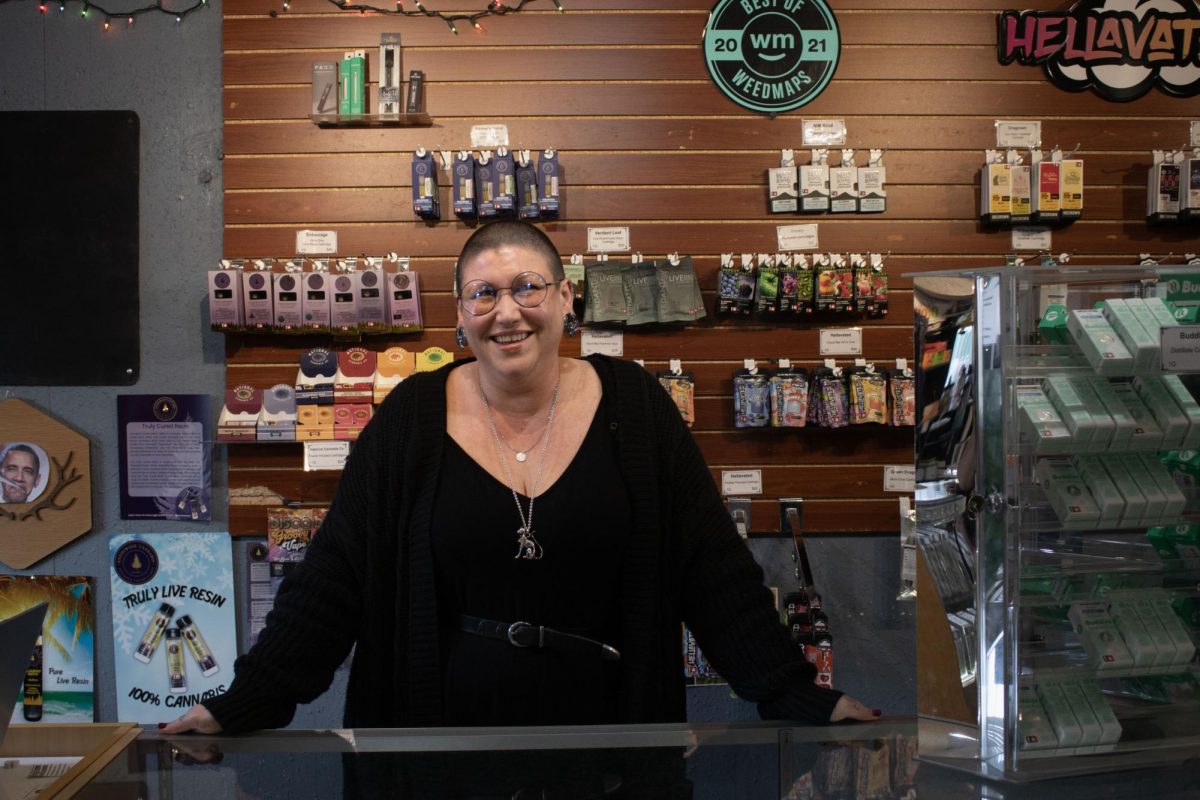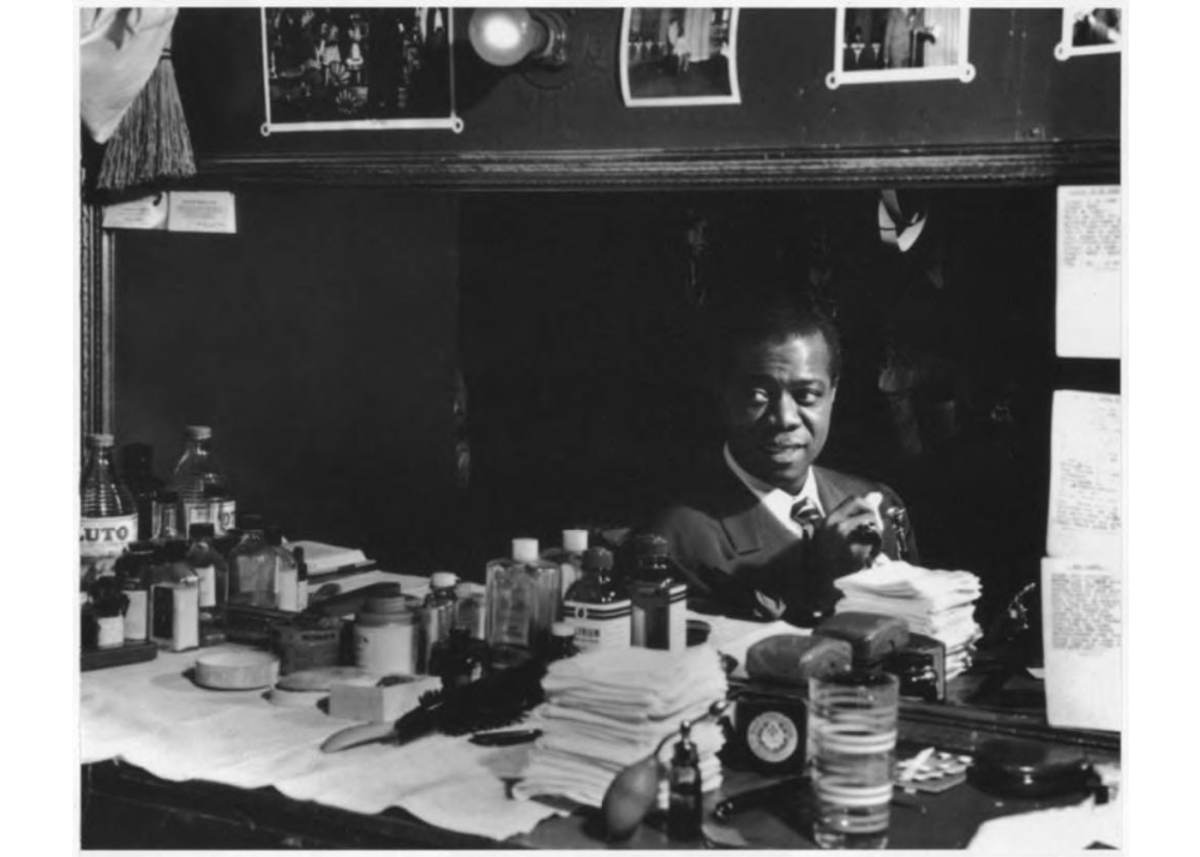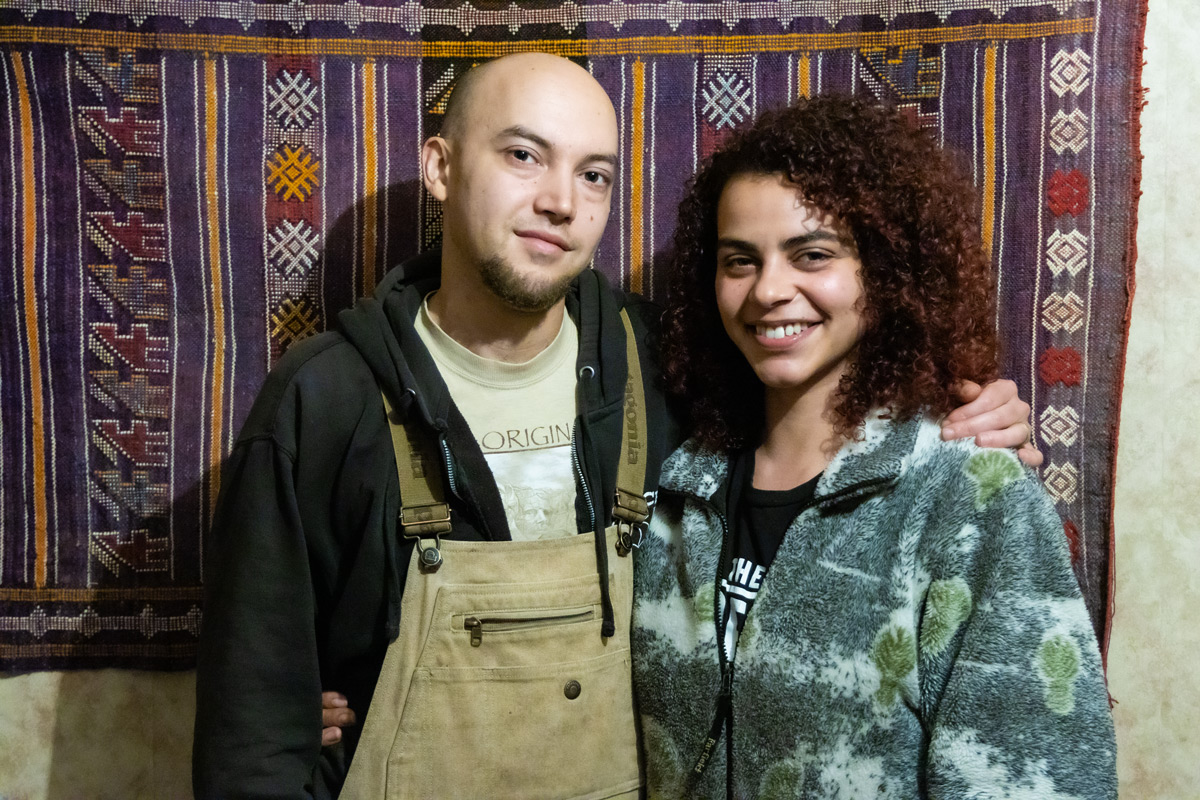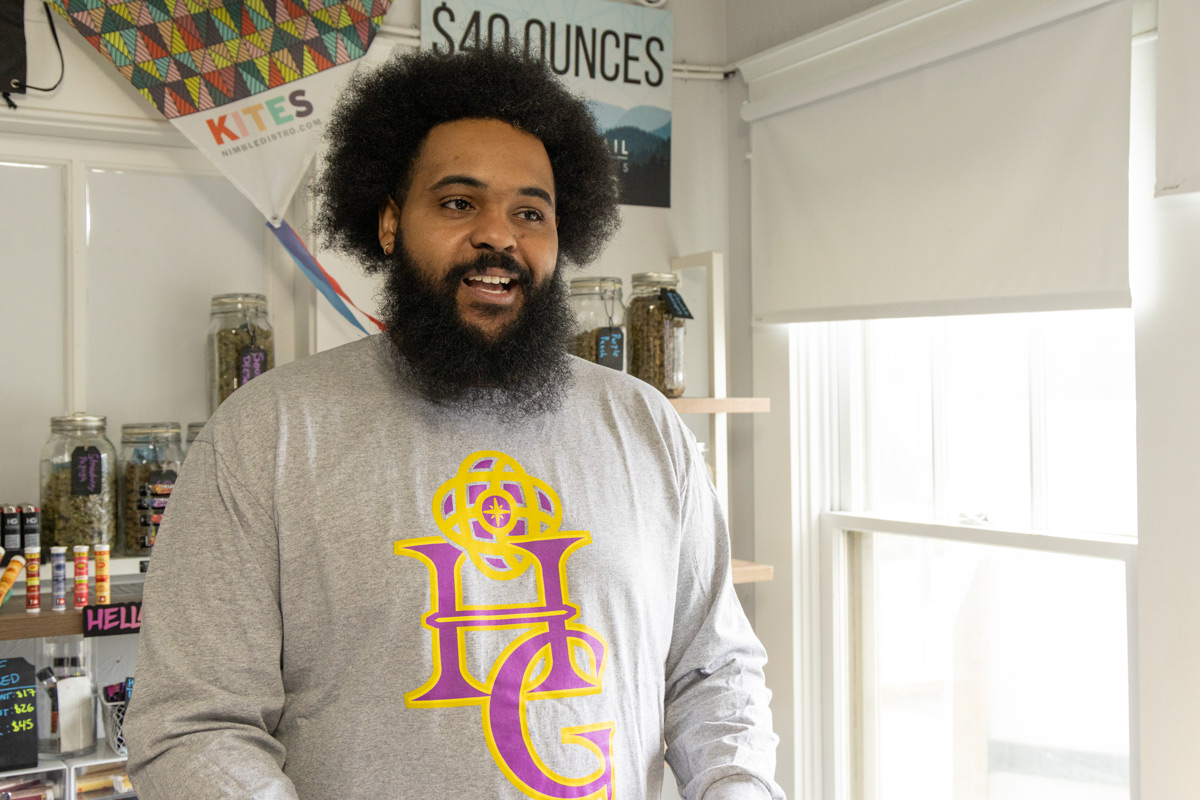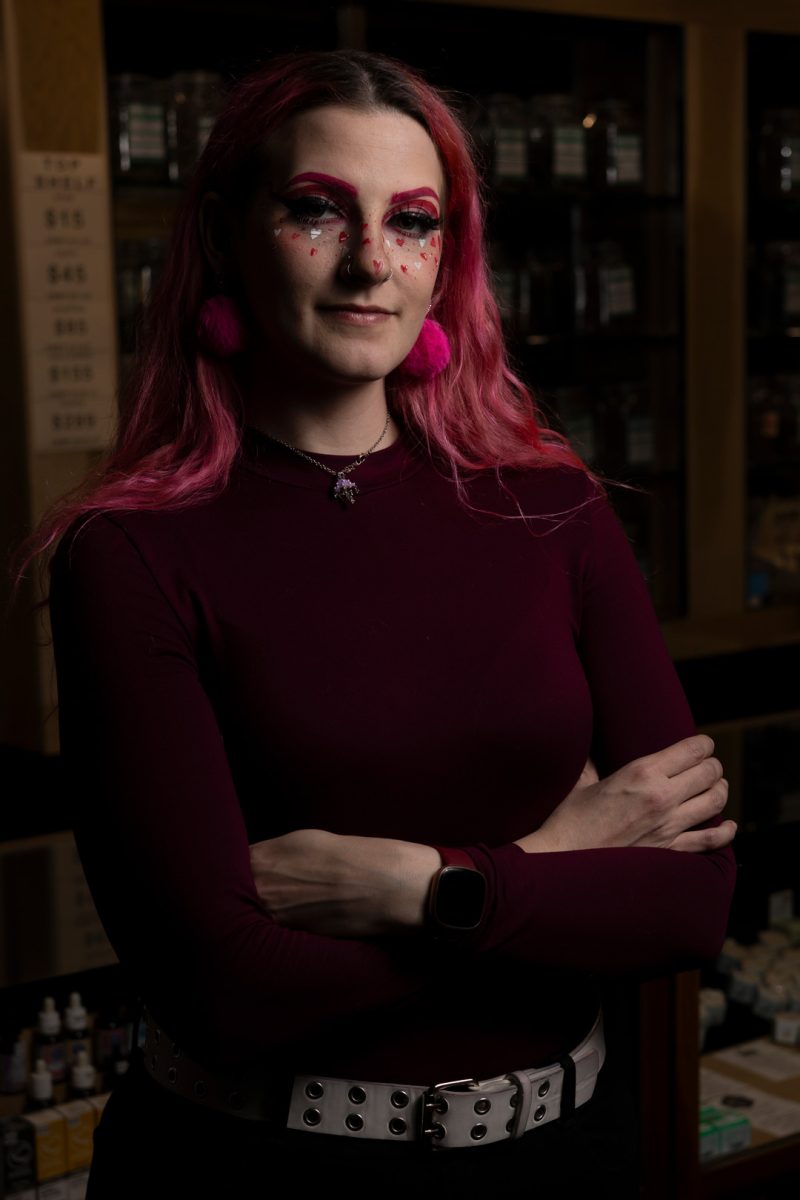In a way, cannabis is what led Charlie Deitz to the career he has today.
Receiving his master’s and Ph.D. in communication and media studies at the University of Oregon, Deitz recently started his position as a full-time journalism professor at the UO School of Journalism and Communication. While Deitz is a respected educator, becoming a professor was not always his goal.
Deitz’ journey with cannabis started from humble beginnings in Tinton Falls, NJ smoking out of a soda can behind a coffee shop for his first cannabis experience.
Unfortunately, like many others who smoked cannabis prior to any form of legalization, Deitz ran into trouble with the law.
Growing up in the 90s, Deitz reflects on a change of police activity in his hometown. While Deitz was growing up, many of the police officers in his community were from neighboring cities, rather than being from the community themselves. “They had less loyalty to the community. So we became sort of like a fish in a barrel. It was an easy thing for cops to arrest people for.”
Deitz also reflects on getting searched by police regularly, and sometimes being caught with cannabis.
“Yeah, I got arrested a couple of times,” said Deitz. “Obviously, that was upsetting for my family, coming home in bracelets (handcuffs) or being picked up at the station.”
As a result of his run-ins with the law, Deitz had some issues when it came to finding a job early in his college career. “There was a lot of jobs that I just wouldn’t apply for because they would run a background check,” said Deitz, specifically referring to attempting to be a seasonal worker for the post office and a census taker at the Census Bureau in 2000.
“There was a time where I thought, ‘man, this could potentially derail my possibility for having a future stable career.’ That’s honestly, like, why I started getting into political science and pre-law because I really wanted to work on that particular thing,” said Deitz, referring to cannabis legalization.
Deitz would then go on to work with the National Organization for the Reform of Marijuana Laws and the Green Party in North Jersey to work toward cannabis legalization. “It really kind of galvanized a lot of my sort of political fire,” said Deitz. “I later became a journalist because I felt like that’s what I really had a passion for, telling stories. So I had kind of lost interest in the weed thing, but it opened me up to a larger view of the world.”
When discussing his current outlook on the state of cannabis legalization Deitz is not surprised cannabis has been legalized medically and recreationally. To Deitz, legalization of cannabis seemed like a logical step moving forward.
One of Deitz’ concerns for the current state of the cannabis industry is the fear of conglomerates dominating the industry and consuming smaller “mom and pops” shops. Unfortunately, this has become a reality for many in the cannabis industry. “I feel like if it gets corporatized, then you run the risk of potentially putting customers in danger, and potentially putting good workers and artisans out of a job. I look at it almost as labor rights,” said Deitz.
Surprisingly, despite fighting for cannabis legalization for a number of years, Deitz has been bored by the current legal state of cannabis.
“Legalization sometimes makes things boring. It’s just plain now. It’s as easy to get as a Snapple at 7-Eleven,” said Deitz. “Here we are at the other end, something I cared about so much for a number of years. Now, it’s become sort of like passe.”


